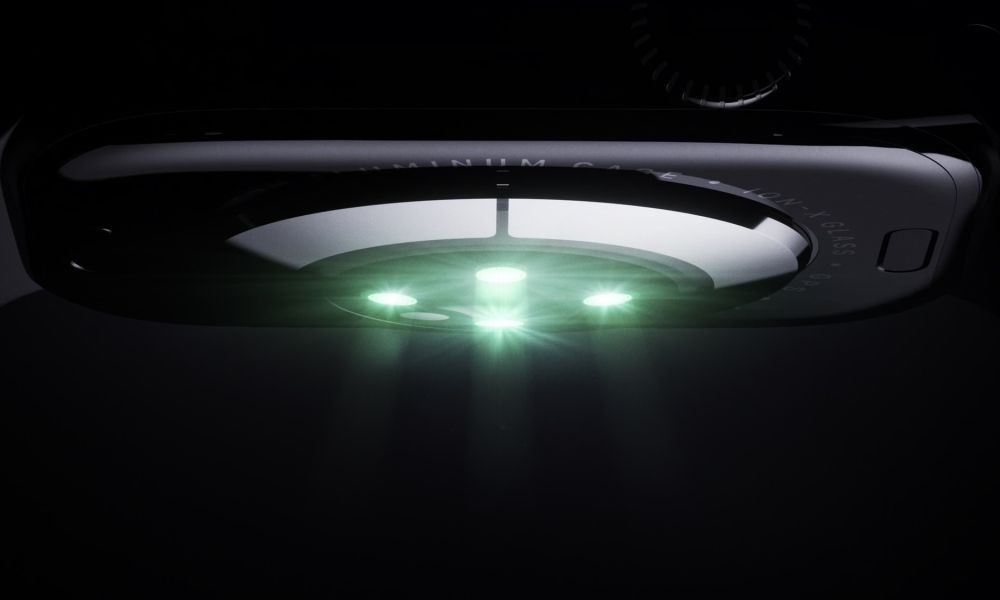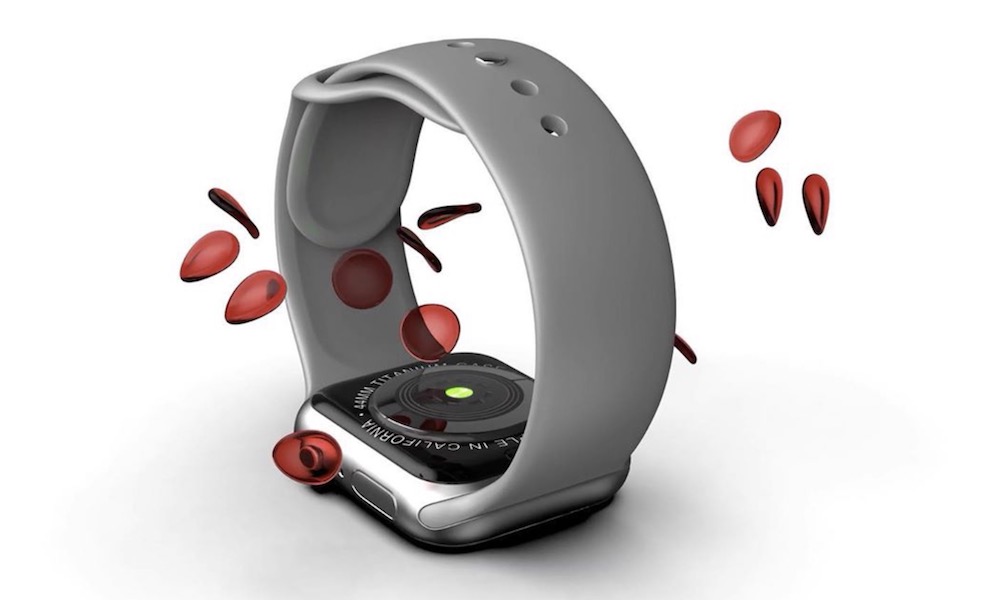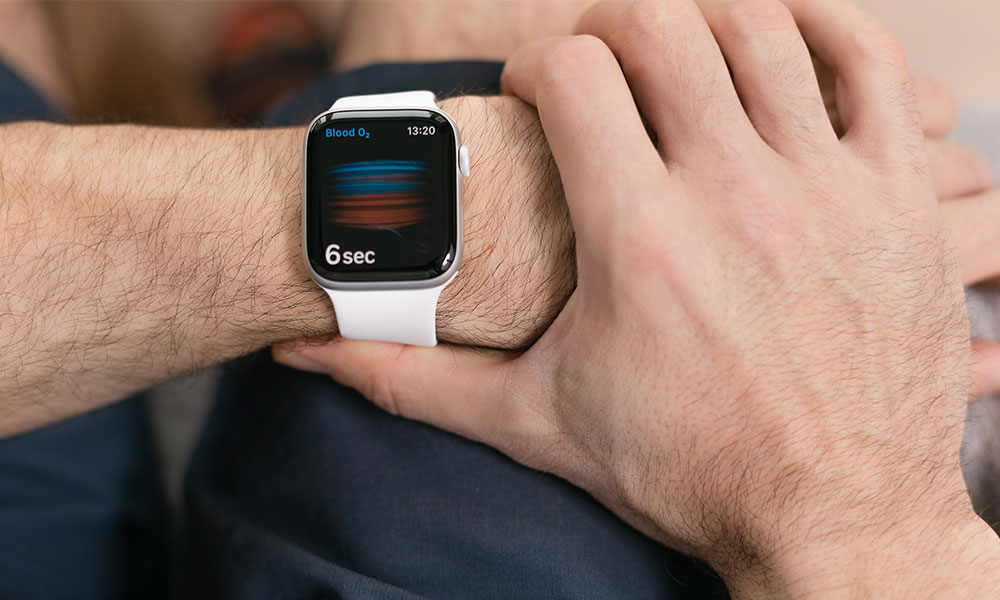Masimo CEO Resigns | What Does This Mean for the Apple Watch?

Toggle Dark Mode
In what could become a new twist in the ongoing patent dispute over the Apple Watch’s Blood Oxygen sensor, the CEO of Masimo, the plaintiff company that has thus far been successful in its case against Apple, has just resigned.
The news was reported by Reuters, which noted that outgoing CEO Joe Kiani had lost shareholders’ confidence, who voted to remove him from the company’s board over “a bitter proxy battle with activist hedge fund Politan Capital Management.” Masimo also confirmed the move in a press release, announcing that current board member Michelle Brennan has been appointed interim CEO following Kiani’s resignation. The release notes that two others have also been officially appointed to the board.
While Kiani’s resignation has nothing directly to do with Masimo’s ongoing dispute with Apple, the change in leadership could reshape the nature of the fight between the two companies. There were strong indications that the former Masimo CEO considered the battle with Apple to be personal, and he’s aggressively pursued other companies in a similar way over the years.
As Chairman and CEO, Kiani likely had a great deal of say in the direction of the company he founded, but that doesn’t necessarily mean other executives and directors don’t share his views on potential infringements of the company’s patents. However, interim CEO Brennan and the two new board members aren’t Masimo veterans; they were nominated by Politan, an investment firm that owns 9% of Masimo’s shares and has criticized its business strategies, along with the hedge fund’s founder Quentin Koffey.
Under Kiani’s leadership, Masimo went after Apple on multiple fronts. A lawsuit in 2020 accused Apple of stealing trade secrets and poaching nearly 20 of Masimo’s most senior engineers to help design the first Apple Watch. That case ended in a mistrial, but Masimo convinced the US International Trade Commission (ITC) that Apple’s wearable infringed on patents owned by the California-based health technology company. Apple managed to get some of these invalidated, but two were left standing, resulting in the ITC issuing an order last year to ban the blood oxygen sensor from sale and import in the US.
Apple has also countersued, claiming that Masimo has infringed on Apple’s patents in its own W1 smartwatch and accusing the company of bringing its patent case in bad faith to try to eliminate a competing device.
Nevertheless, Kiani has maintained throughout the case that Apple not only infringed on all ten of his company’s patents (Masimo is appealing to have the other eight reinstated) but also deliberately stole Masimo’s intellectual property and hired away his most talented senior staff “in a targeted effort” to create the Apple Watch in the first place. As the former CEO said last year, Apple has finally “been caught with their hands in the cookie jar.”
While Apple hasn’t said much about the case, Kiani told Bloomberg that he was open to a settlement but hadn’t been approached. However, Kiani also suggested it would take more than money to end the ban, as he expected Apple to apologize and invite Masimo to work with them to “improve their product.”
The majority of Masimo’s Board of Directors is now made up of outsiders rather than company veterans, which could signal a sea change at the company. However, the ITC has already ruled that Apple infringes on Masimo’s patents, blocking the blood oxygen sensor in Apple’s wearables until at least 2028 (when the patents expire). Apple is appealing the ITC’s ruling, but a change in Masimo’s leadership won’t immediately affect this as the ITC’s decision has been set. At most, the new regime may be willing to work with Apple on more favorable terms or drop the company’s appeals to reinstate the remaining patents, which could complicate the landscape further.









